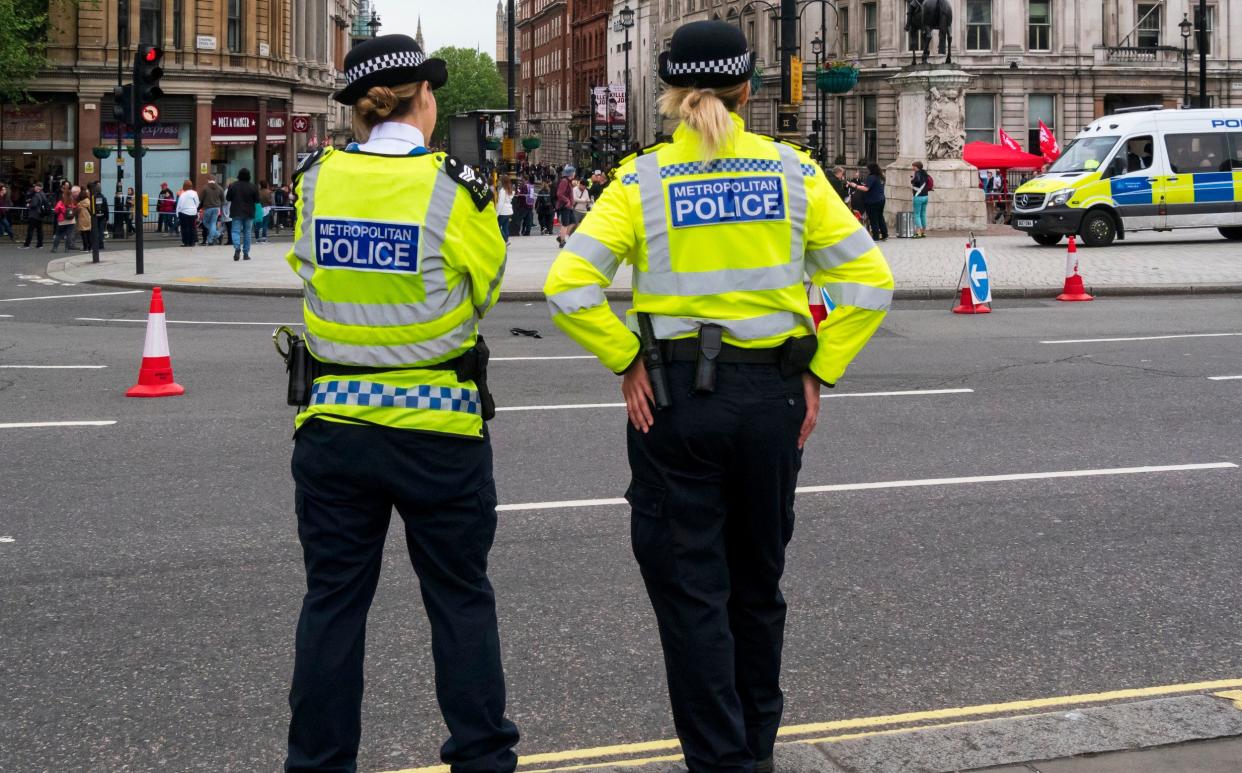Police and firefighters should get ‘same bereavement leave for miscarriages as NHS staff’

Police officers and firefighters should get the same bereavement leave following a miscarriage as NHS workers, a charity has said.
It comes after NHS England unveiled new guidelines that will give staff, including ambulance workers, paid time off work if they suffer a miscarriage before they are six months pregnant.
The Laura Hyde Foundation (LHF) is calling for the policy to be extended to all 999 workers.
Liam Barnes, the foundation’s chairman, said: “Offering paid leave for NHS staff suffering the loss of a child is morally and ethically the right thing to do.
“It will bring some comfort to those dealing with bereavement, but this should also be extended to police officers and firefighters to ensure they have the same rights as NHS staff.
“Grief doesn’t discriminate, and support should be there for anyone going through this.
“Police officers and firefighters put their lives on the line each and every day and they deserve to be treated with the same compassion as NHS staff now are.”
Under the new NHS framework, which was distributed to hospitals in England last month, women who have a miscarriage before 24 weeks of pregnancy will be offered up to 10 days’ paid leave.
If a member of staff’s partner loses a baby, they will be offered up to five days’ paid leave.
‘All workplaces should offer best possible support’
Rosie Leverton, head of partnerships at baby loss and pregnancy research charity Tommy’s, said: “We believe all workplaces should offer the best possible support to staff who experience miscarriage.
“The recent decision by NHS England to create a model policy for trusts offering 10 days’ paid leave to staff after a miscarriage sets a hugely positive example.
“It shows how even the largest employers in the most varied settings can ensure individuals’ health needs - both physical and mental - are valued and prioritised.
“We know what a difference it makes when this kind of policy is introduced across organisations of all sizes, with the right training for managers to ensure it’s embedded and implemented effectively.”
Clea Harmer, chief executive of bereavement charity Sands, said giving staff paid time off after a miscarriage is “crucial”.
“NHS England are leading the way on this and I hope this will encourage other employers, including police forces and fire services, to offer similar rights to their workforce,” she added.
LHF is also backing solicitor Keeley Lengthorn, who is pushing for a wider law change as part of her George’s Law campaign.
According to the Advisory, Conciliation and Arbitration Service, if a miscarriage happens after six months of pregnancy, the mother would still be entitled to up to 52 weeks of statutory maternity leave or pay, while the father could take two weeks of paternity leave.
However, there is no entitlement to leave if pregnancy loss happens before 24 weeks.
Ms Lengthorn, who lost three children in the space of three years, is lobbying for statutory changes.
She added: “The Laura Hyde Foundation is right to be calling for the rules to be extended to all emergency service workers.
“Police officers and firefighters need to be supported too. Although the decision by NHS England is a positive one, we now have a situation where NHS staff are sending home bereaved parents knowing they won’t get the same rights as them.
“That’s why we need to see the law changed to ensure anyone experiencing the loss of a child is given the time to grieve.”


